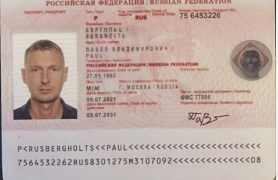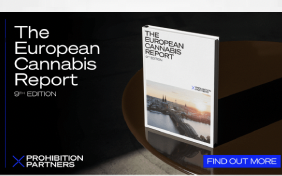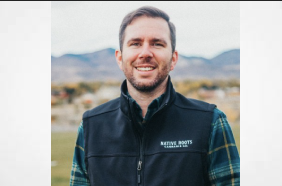REVIEW
Psychedelic Justice is a reminder that, as the contributor Alexander Belser puts it, “we have rainbow skeletons in our closet.” Here are just a few examples.
For forty years, the Addiction Research Center coerced federal prisoners—predominantly African American men and other marginalized populations—into dangerously high-dose psychedelic experimentation.
Stanislov Grof, the founder of transpersonal psychology, used LSD for conversion therapy treatment of homosexuals. Timothy Leary emphasized this “benefit” of LSD, and even Ram Dass (formerly Richard Alpert) used the drug “in hopes it would turn him straight.”
The unsustainable sourcing of psychedelic plants like peyote, iboga, and ayahuasca has, in some places, left Indigenous people without access to their own medicines.
The prominent roles that women, queer people, people of color, and Indigenous people have played in the history of the psychedelic movement are often minimized or suppressed, and these marginalized groups continue to be excluded from the conferences, research, and discourse of the psychedelic community.
The editors of this anthology believe that “a fundamentally different outcome is possible,” but not without a conscious commitment to change. If the psychedelic community fails to clarify its ethical values and embody them through consistent action, psychedelics could become just another tool for perpetuating the colonialist, patriarchal, discriminatory, profit-driven, and ecologically disastrous paradigms of the past. In one essay, Clancy Cavnar affirms that “all medicines can be poison in the wrong hands.”
Many people who have had a transformative or therapeutic experience with psychedelics will understand the tendency to believe they are fundamentally good—that they can change the world all on their own, without any overlays of politics or economic concerns.
This hopeful naivete is part of what makes psychedelics so good at breaking molds and creating new narratives. It’s why Erica Dyck states in her preface that “psychedelics might be the lubricant we need to turn the gears of a justice revolution.” In this way, playful idealism and belief in radical possibility are strengths that the psychedelic community can apply toward the creation of a more beautiful future, but they can become blindspots if not tempered by critical reflection.
To this end, Psychedelic Justice leaves no issue unexamined, no assumption unquestioned. The essays explore racism, sexism, homophobia and transphobia, cultural appropriation, ecological and cultural destruction, sex and power dynamics, epistemic conflict, technology, and capitalism, to name just a few of its concerns.
The inquiry raises difficult questions. Does the individualist approach of American psychotherapy limit the potential benefits of psychedelic-assisted therapy? When does academic research become “extractive anthropology”? What is sacrificed for the goal of legitimizing psychedelics? How can the psychedelic community accept the path to legalization offered by medical science, while also honoring Indigenous paths and traditions? How do we honor the core values and outlaw culture of the original psychedelic underground? By associating positive psychedelic experiences with “mystical oneness,” do we reinforce a narrative of normative sameness, thus discouraging self-affirmation in marginalized communities? How does unexamined privilege and spiritual bypassing hamper real inclusivity, and how can the community do better?
More details and how to purchase at. https://www.lucid.news/how-to-cultivate-a-more-ethical-inclusive-psychedelic-future/


















